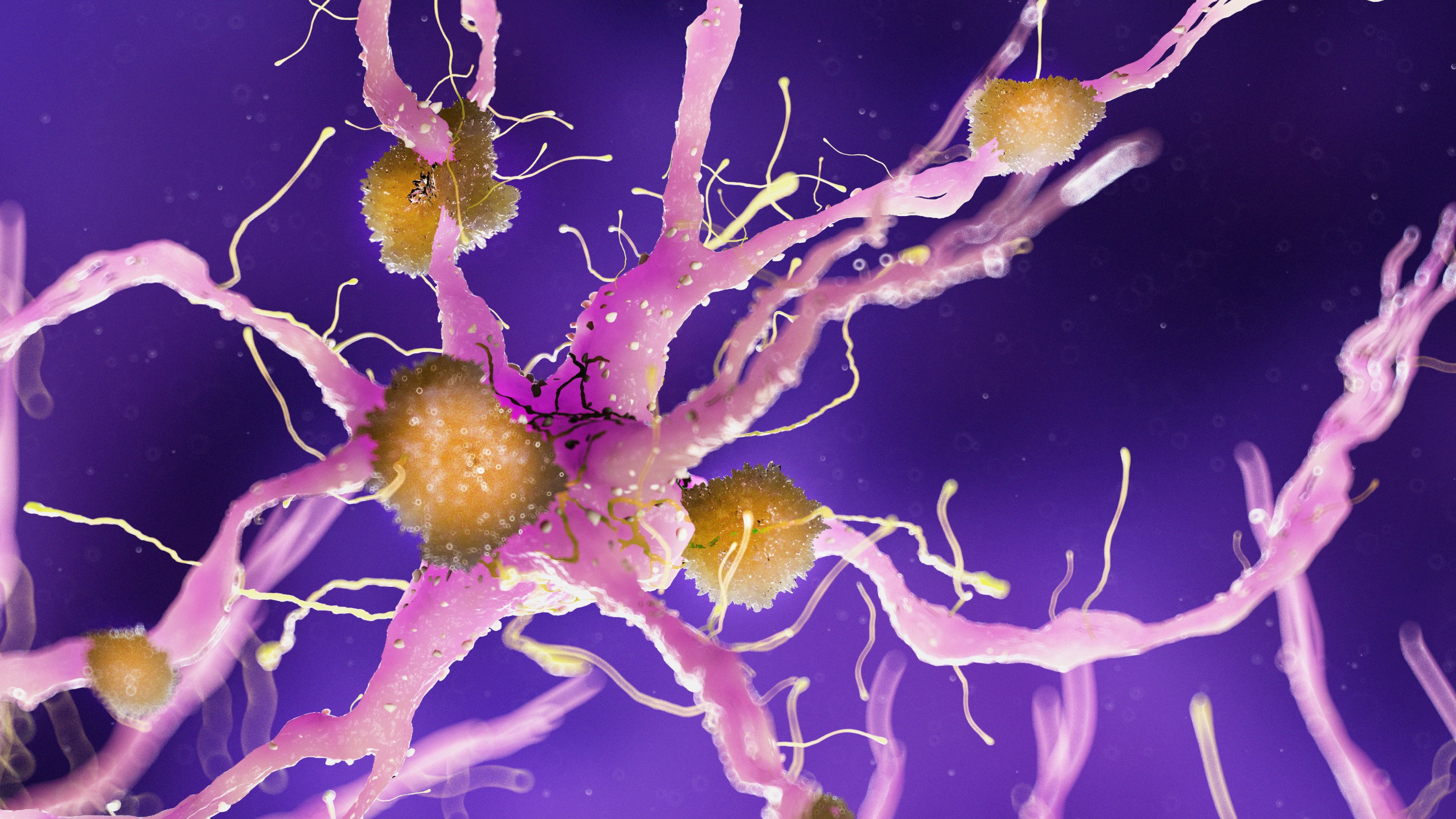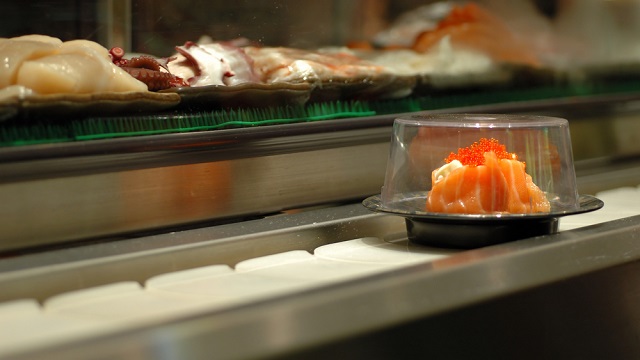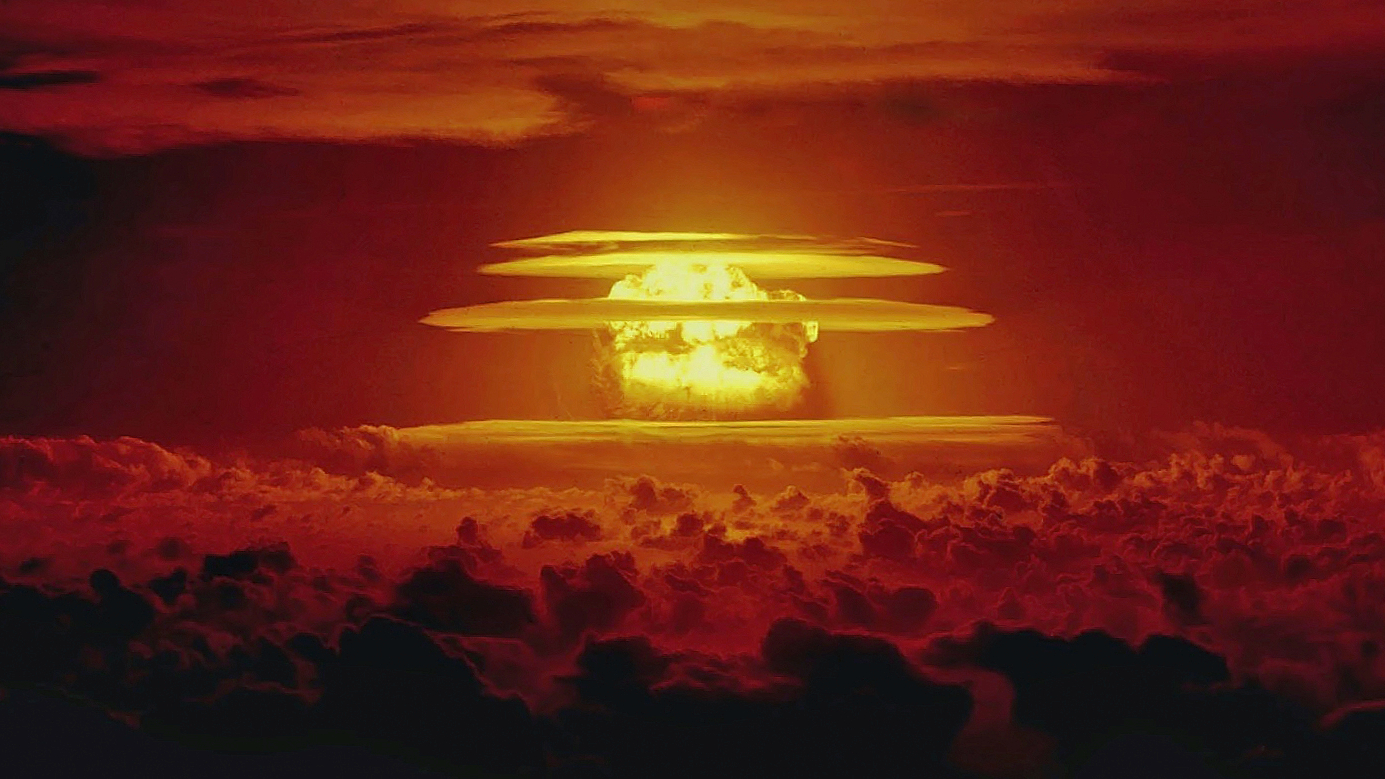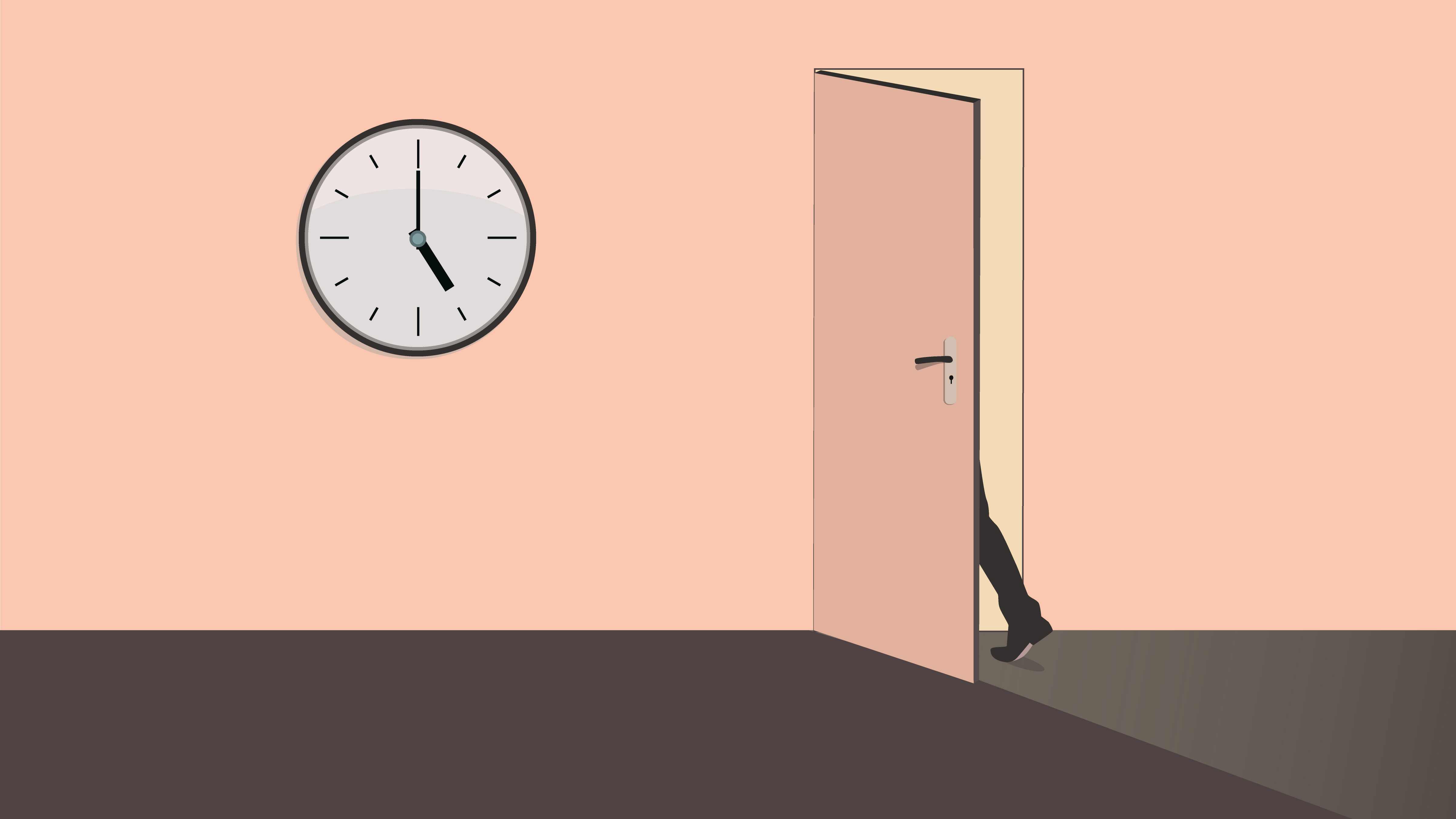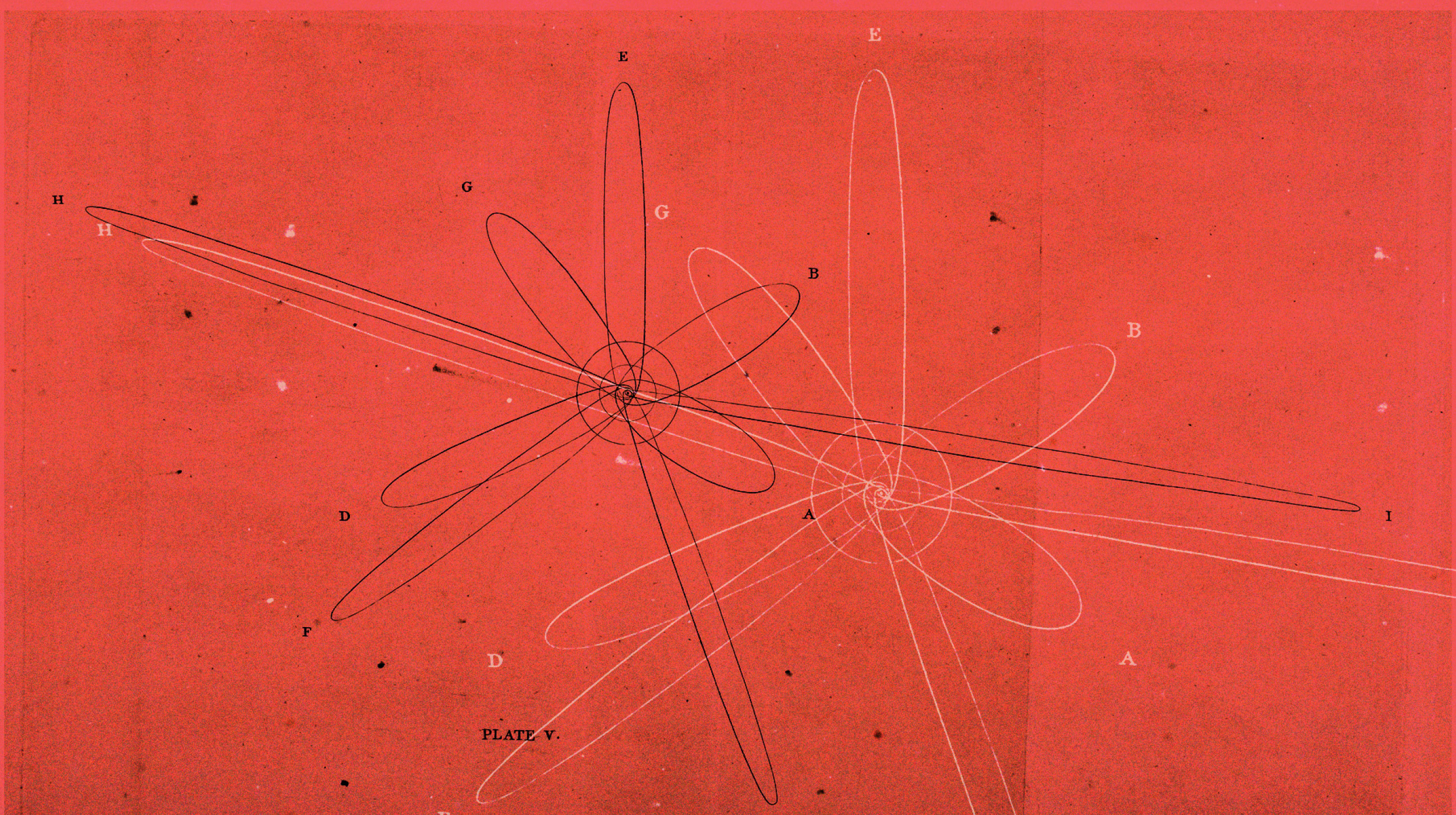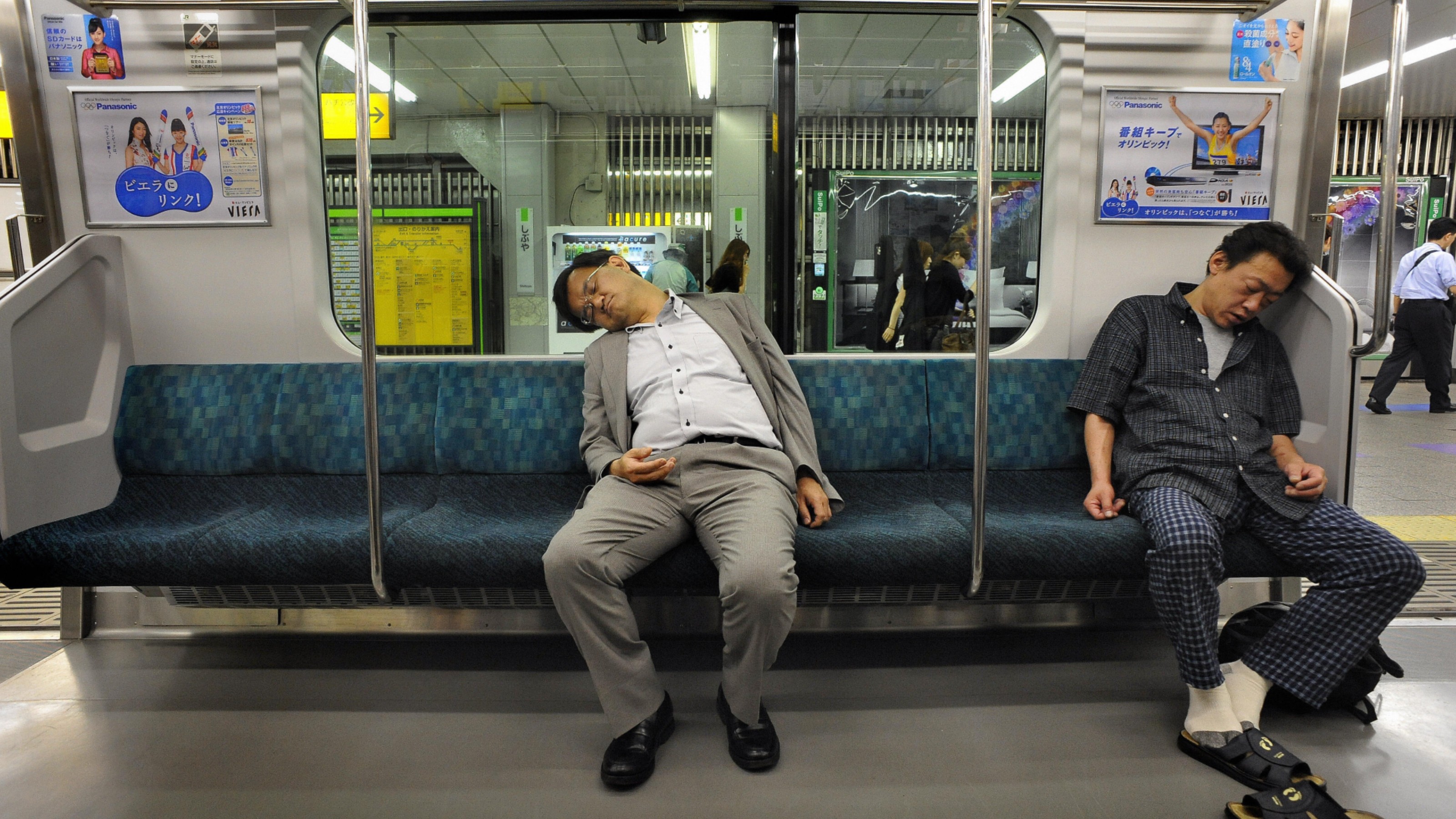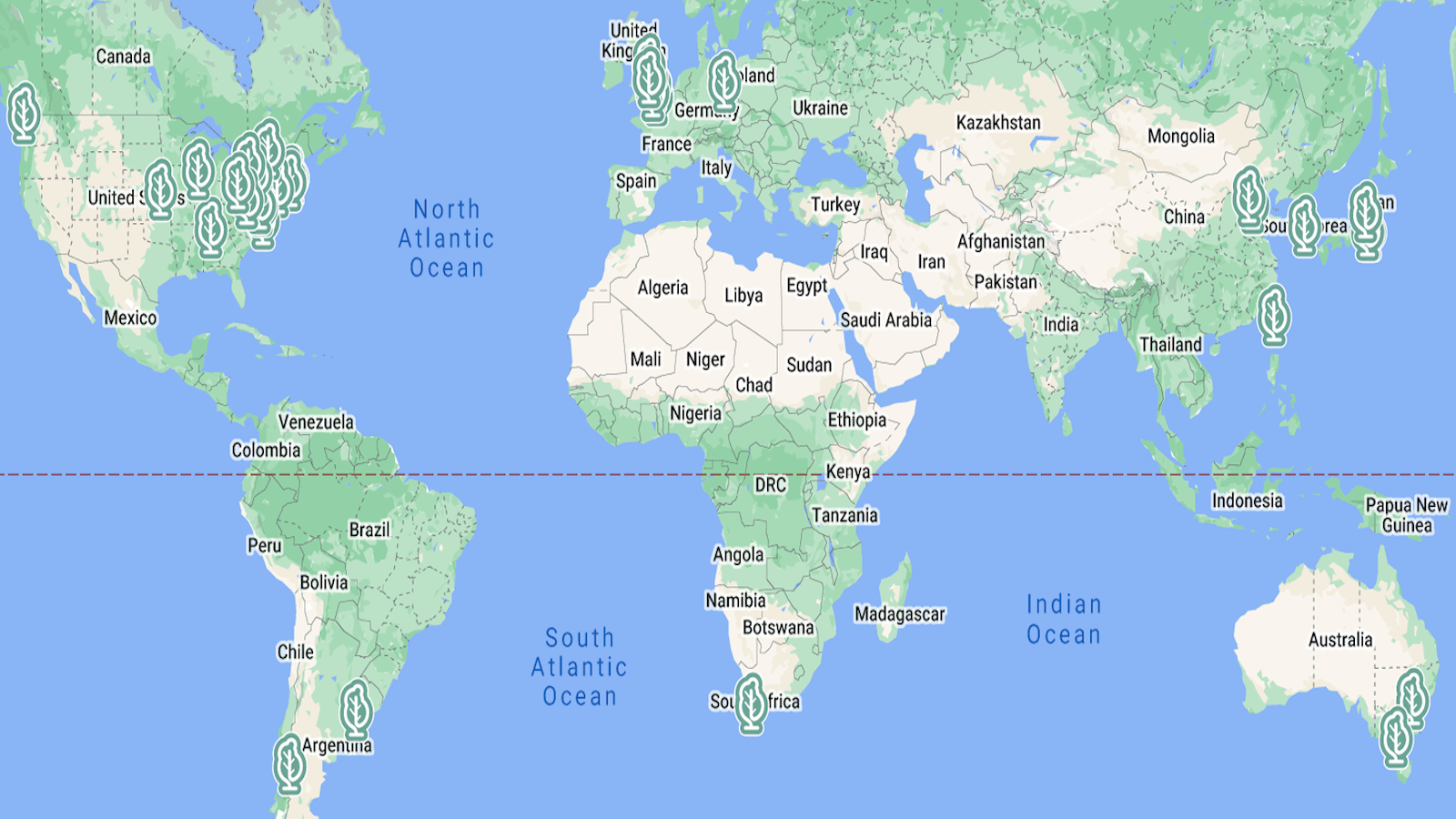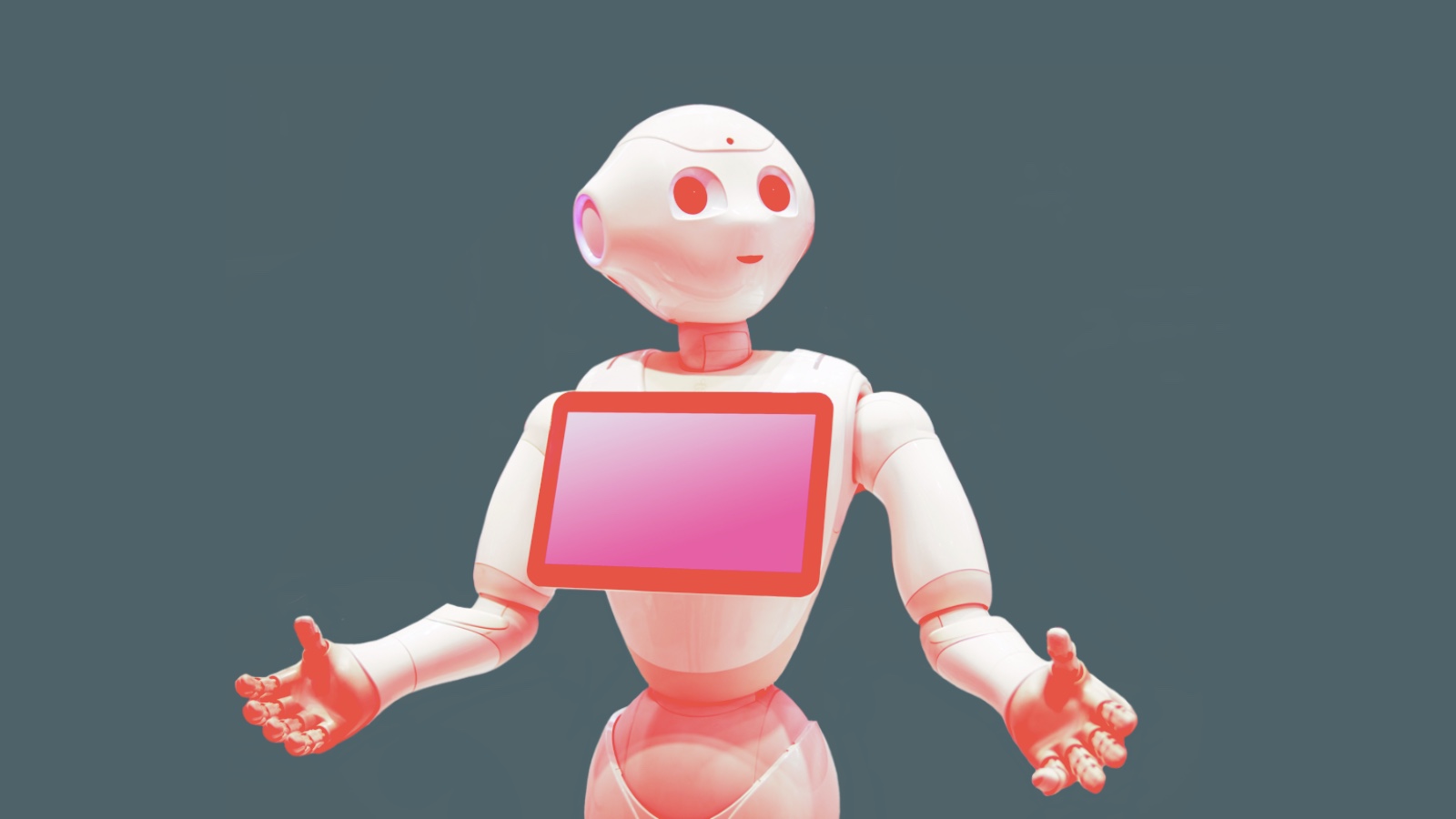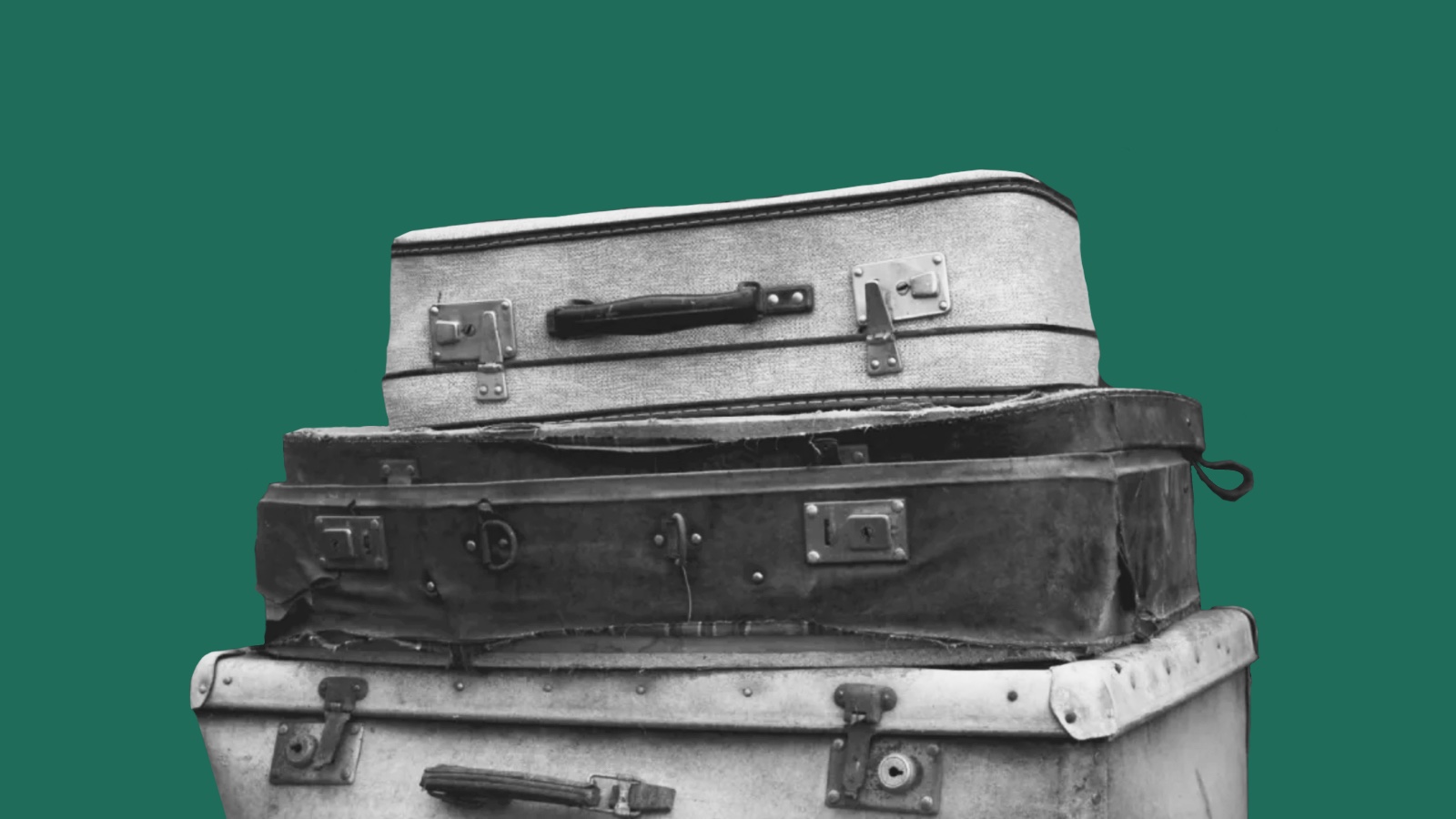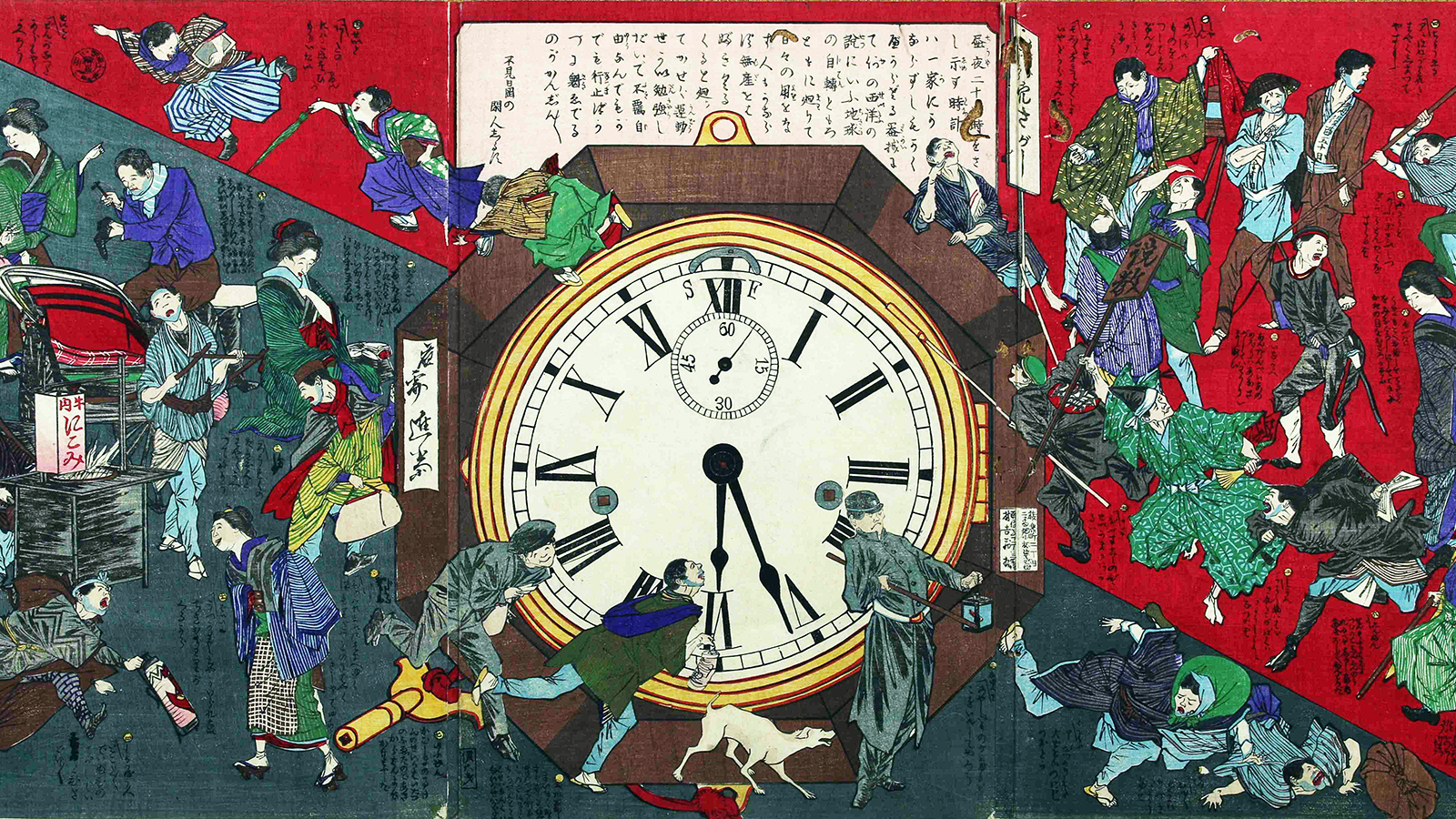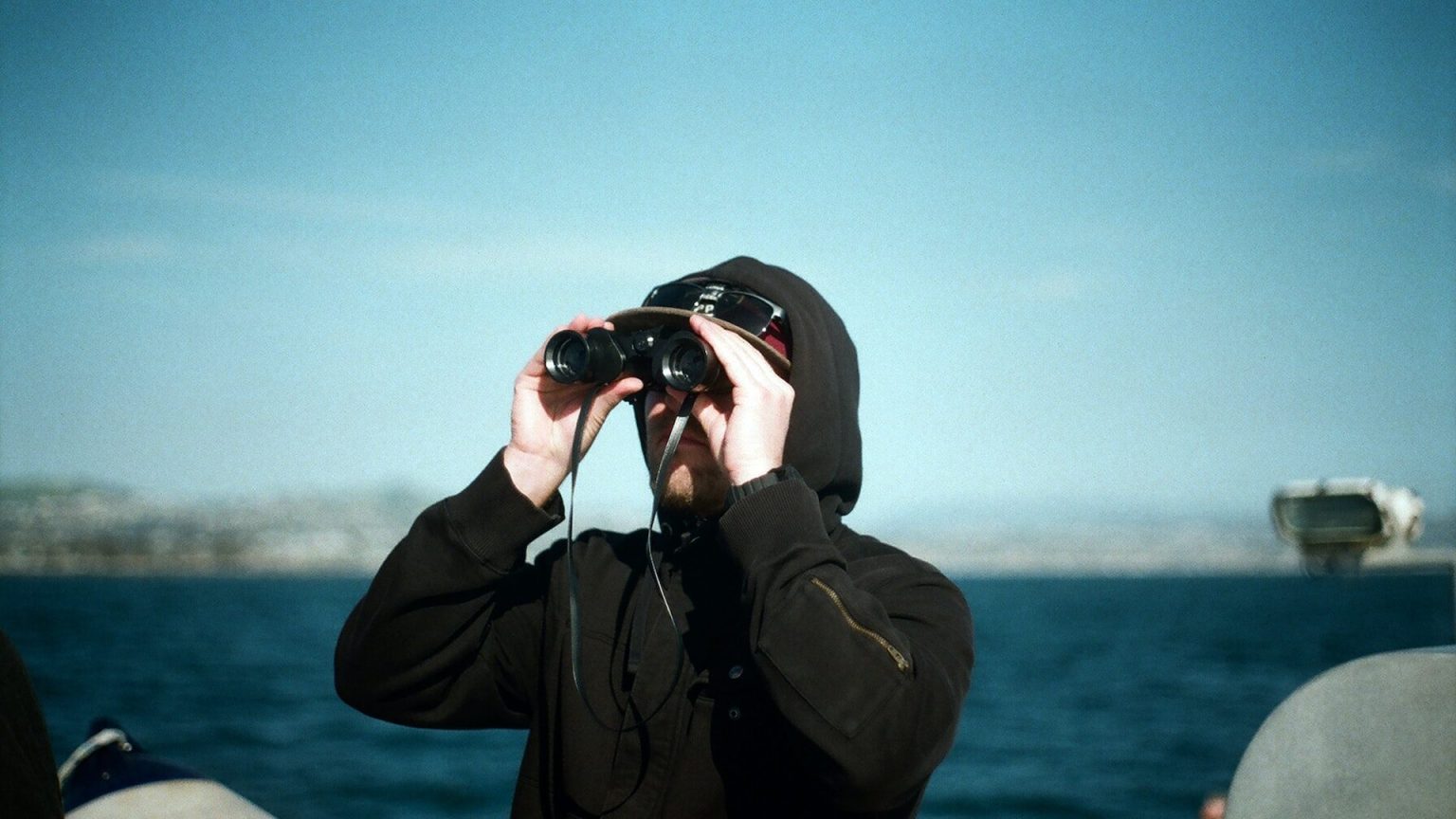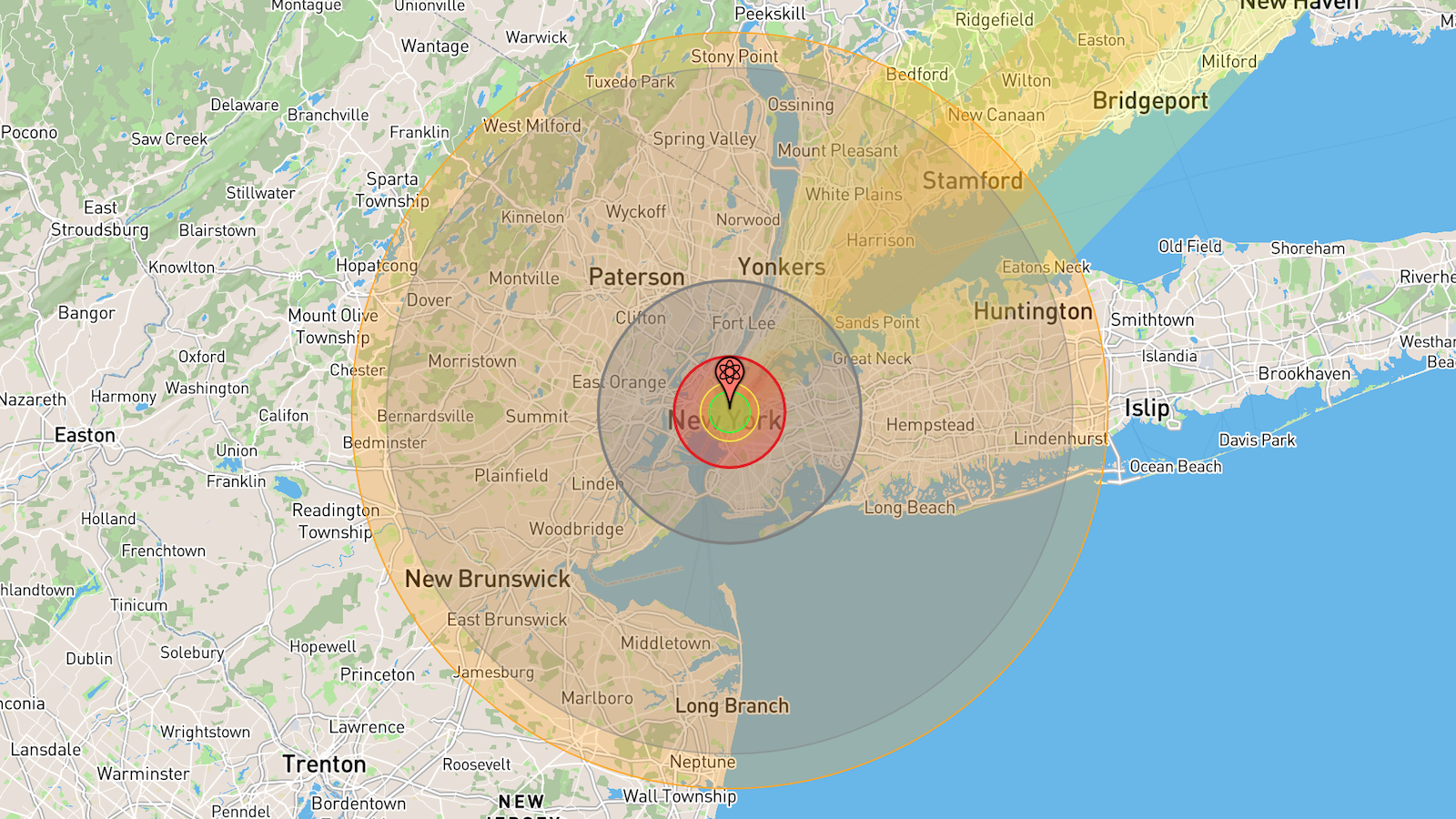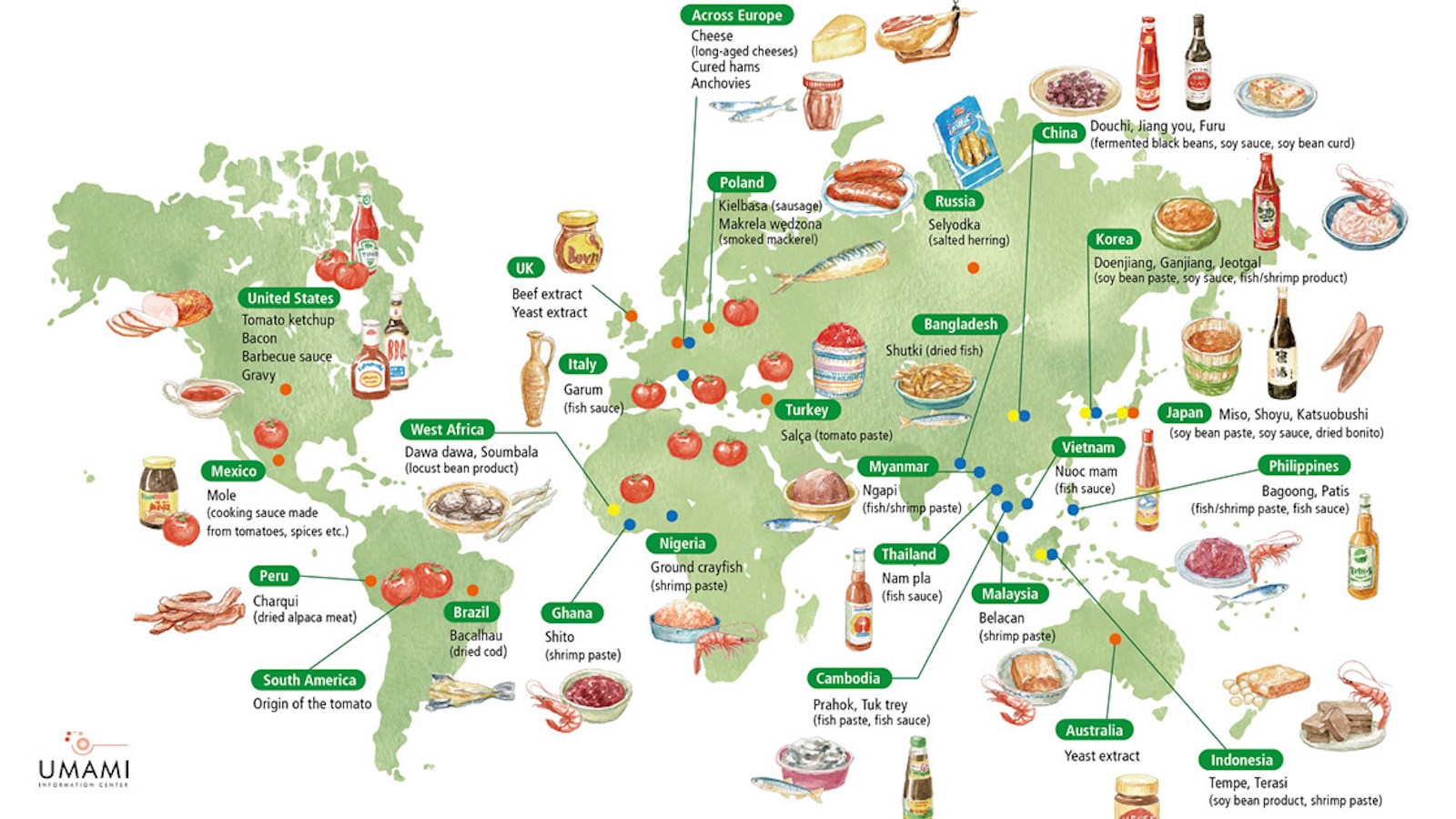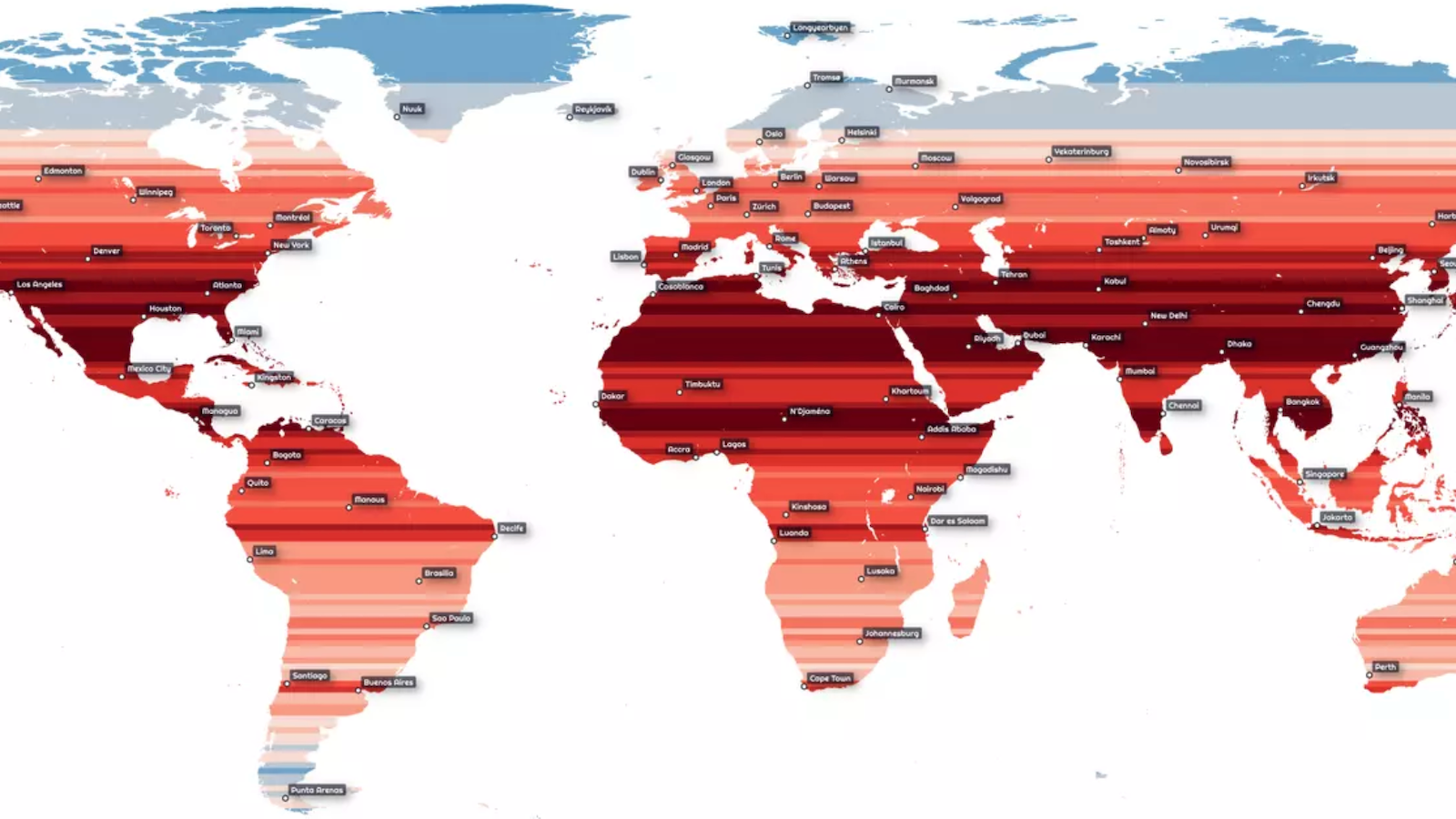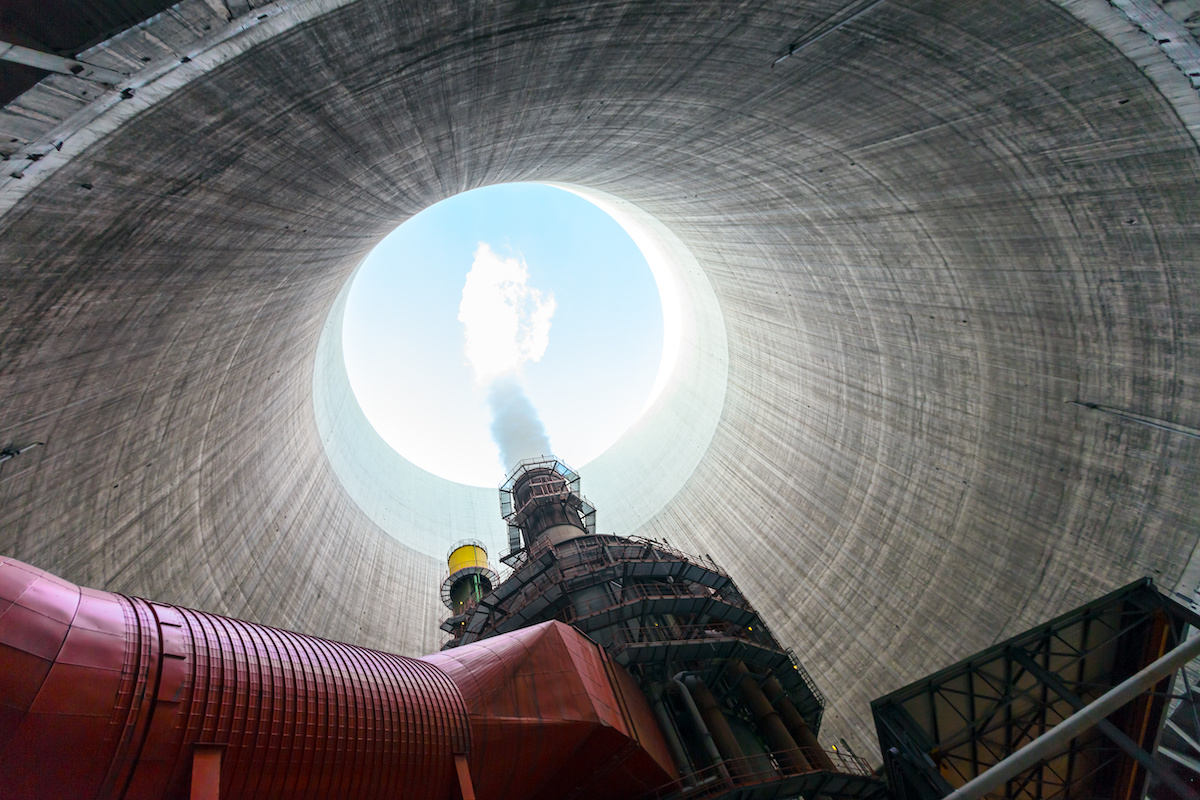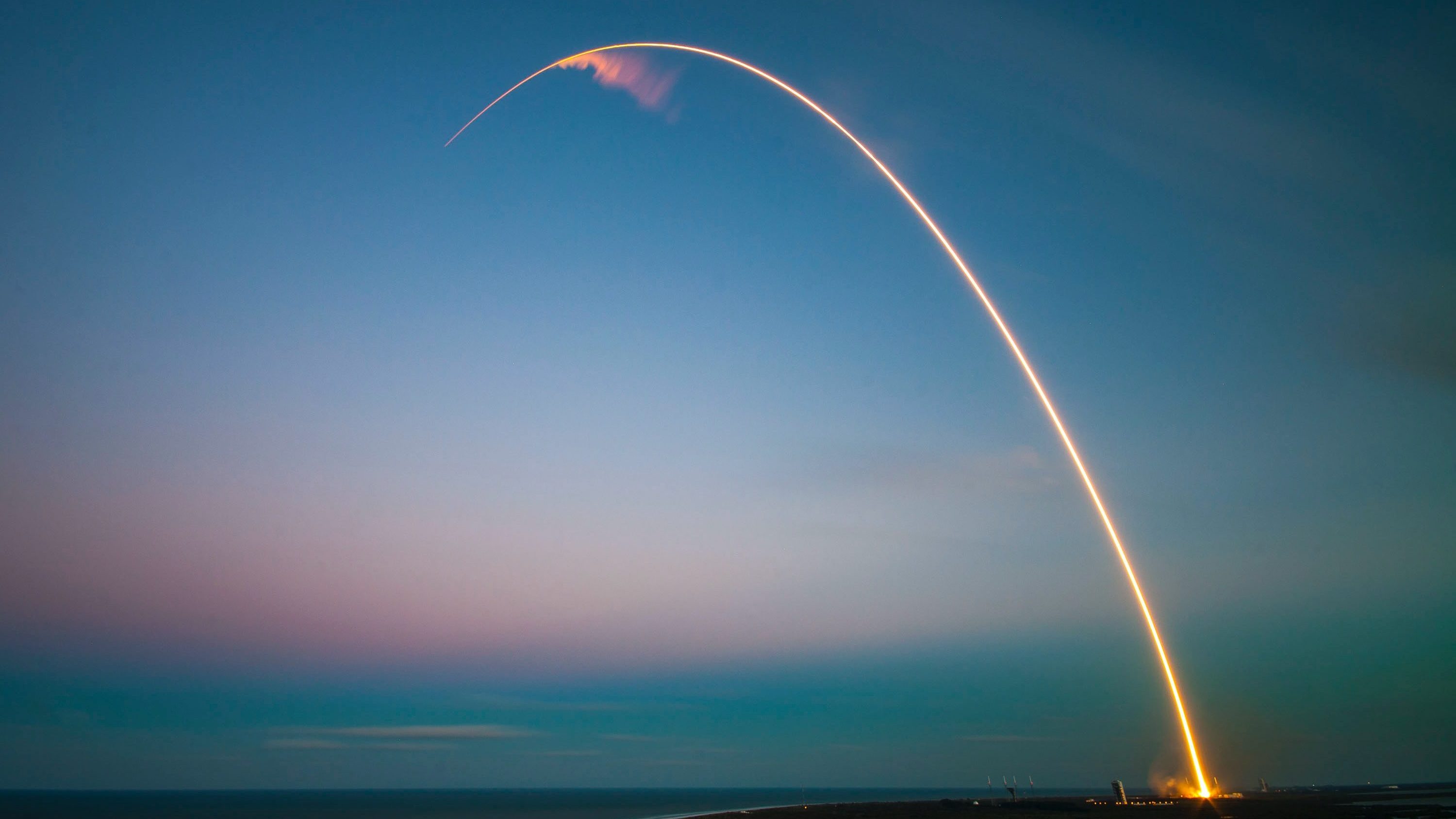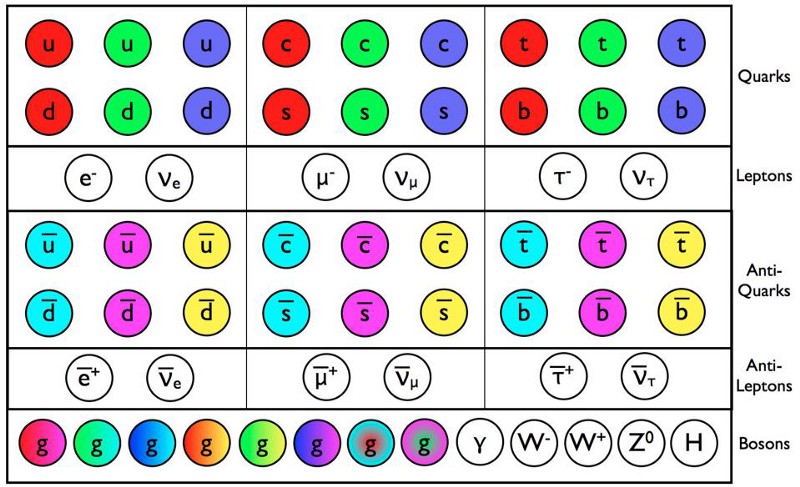The “love hormone” might be an unexplored treatment for Alzheimer’s disease and other forms of dementia.
Search Results
You searched for: Tokyo Tom
The restaurant combines food delivery via conveyor belts with tablets containing menu options. The staff person is there merely to collect customers’ payments, which are automatically tallied when empty plates are sent down a chute.
A built-in webcam captures the person’s face, then tweaks the expression using software. Tests showed that subjects were more likely to “like” a garment when they saw themselves smiling in the mirror.
As Amy Chozick of the Wall Street Journal reports, Japan is turning into a hotbed of creativity, thanks to a nascent economic turnaround and a predilection for all things new […]
These composers channeled the horror of the Holocaust and Hiroshima while honoring those who lived through it.
“You gotta know when to fold ’em.”
The answer to the age-old philosophical question of whether there is meaning in the Universe may ultimately rest upon the power of information.
It is estimated that as many as 488 million people worldwide were exposed to dangerously long working hours in 2016.
Our desire for recognition at work can lead us to perilous ends.
Its apples taste bad, but institutions all over the world want a descendant or clone of the tree, anyway.
More than any other nation, Japan tends to feel comfortable with the idea of humanoid robots entering the home.
Forensic researchers call such places “limited access environments.”
Japan just opened to tourists for the first time since the coronavirus pandemic began, echoing the island country’s isolationist policies during the feudal era.
When you don’t know what you’re looking for, it’s easier to miss it.
Total annihilation is a permanent threat.
Sweet, bitter, salty, sour. These are the four basic tastes we were taught in grade school. But there is a fifth: umami. And it’s everywhere.
In 100 years, perhaps this map showing humanity clustering around the equator will seem “so 21st century.”
Extremely precise atomic clocks are not just of theoretical interest; they could help detect impending volcanic eruptions or melting glaciers.
In America, Cup Noodles has succeeded by hiding its Japanese roots.
After the 2011 Fukushima disaster, it was Germany, not Japan, that cracked down most severely on nuclear power plants.
In his new book “Courage is Calling: Fortune Favors the Brave,” Ryan Holiday explores the virtue of courage and how to overcome fear.
It follows a well-worn playbook for North Korea.
Mathematically, it is a monster, but we can understand it in plain English.
Only the best physical theories outlast the minds that invented them. Throughout the 20th century, a number of discoveries revolutionized our Universe. The discovery of the interior structure of atoms as […]
In ancient Greece, the Olympics were never solely about the athletes themselves.
Astronomers find a third type of supernova and explain a mystery from 1054 AD.
Can a war be won from the air? A group of renegade pilots in the 1930s thought so.
If you want to find life in the Universe, this is how you do it. When it comes to uncovering the ultimate truths about reality, we can only reap what we […]
‘Dorozoku’ map crowd-sources the whereabouts of noisy kids in Japan – but who’s being anti-social here, exactly?
University of Tokyo scientists observe predicted quantum biochemical effects on cells.
